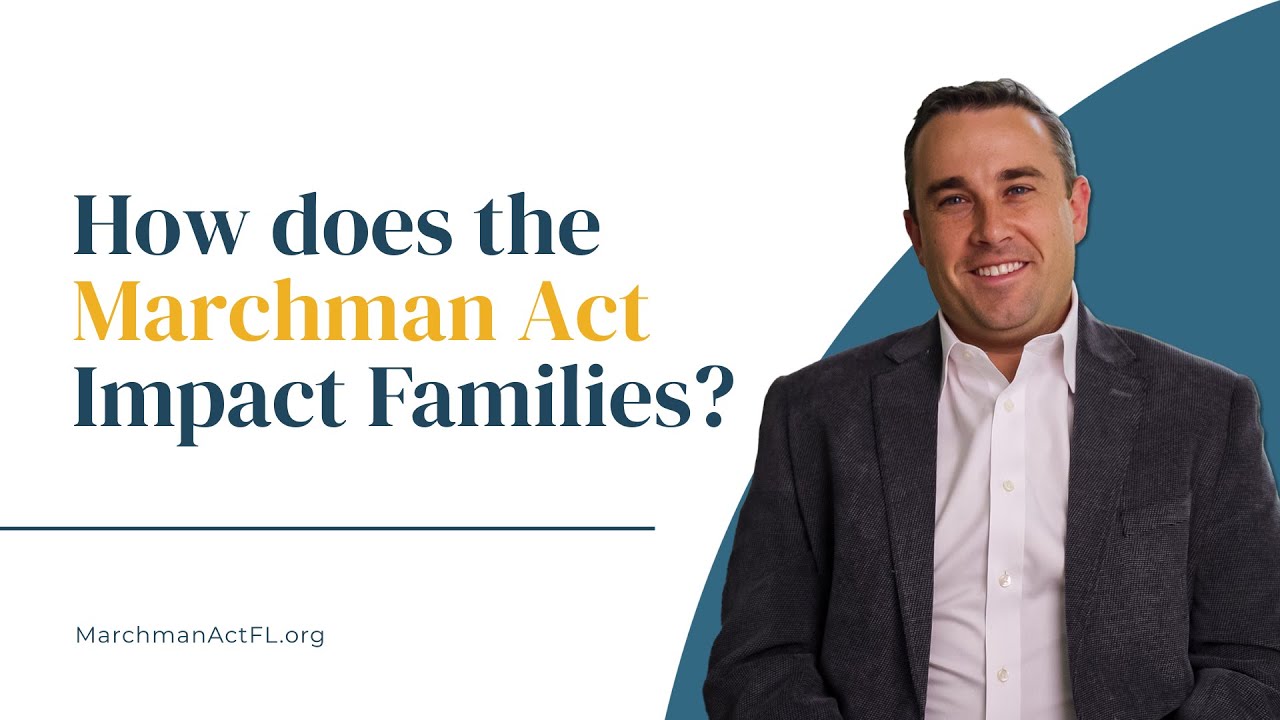
Emotional and Psychological Effects on Family Members
When families must invoke the Marchman Act to help a loved one struggling with substance abuse, they often experience a complex web of emotional and psychological challenges that can persist long after the intervention. Family members frequently report intense emotional turmoil, including feelings of guilt, anger, and profound sadness while steering through the legal process and witnessing their loved one’s forced treatment.
Parents, siblings, and spouses must develop healthy coping mechanisms to manage their own mental health during this challenging period, which may include seeking professional counseling, joining support groups, or engaging in stress-reduction practices. The strain of making such a difficult decision, combined with potential resistance or resentment from the affected individual, can create lasting impacts on family dynamics and relationships that require ongoing attention and healing.
Financial Implications and Resource Management
Beyond the emotional weight of invoking the Marchman Act, families often face substantial financial challenges that can strain household resources and create long-term economic impacts.
The financial burden associated with court proceedings, legal representation, and treatment programs can quickly accumulate, often requiring careful resource allocation and financial planning. Families may need to manage insurance coverage, payment plans, and potential out-of-pocket expenses while handling their regular household obligations. Additionally, the costs of rehabilitation facilities, medical treatments, and ongoing therapeutic support can create significant economic pressure, sometimes leading to:
- Depletion of savings accounts
- Increased credit card debt
- Mortgage refinancing
- Liquidation of assets
- Reduced retirement contributions
These financial strains may persist long after the initial intervention, requiring families to develop thorough budgeting strategies and seek financial counseling support.
Family Relationships and Communication Dynamics
Although invoking the Marchman Act serves as an essential intervention tool, its implementation often creates complex ripple effects throughout family relationships and communication patterns, fundamentally altering the dynamics between family members.
The Act’s legal proceedings can strain existing family dynamics, creating temporary or lasting communication barriers between the person seeking treatment and those initiating the petition. Family members may experience conflicting emotions, ranging from guilt and resentment to hope and relief, which can manifest in changed interaction patterns and trust levels. Additionally, the intervention process often uncovers underlying issues within the family system, forcing members to confront long-standing conflicts or dysfunctional communication styles. However, when families engage in open dialogue and professional counseling throughout the process, the Marchman Act can ultimately strengthen relationships and establish healthier communication frameworks.
Legal Process and Family Responsibilities
Maneuvering the Marchman Act’s legal process requires families to understand and fulfill specific responsibilities that can greatly impact the intervention’s success. The petitioning family members must gather substantial documentation, including evidence of substance abuse and failed voluntary treatment attempts, while also preparing to testify in court about their loved one’s condition.
Family advocacy plays an essential role throughout the proceedings, as relatives must work closely with legal representatives to guide court requirements, attend hearings, and guarantee compliance with court orders. Additionally, families bear the responsibility of coordinating with treatment facilities, managing financial obligations, and maintaining communication with court-appointed evaluators throughout the process, all while respecting their loved one’s legal rights and privacy within the constraints of the Marchman Act’s provisions.
Recovery Support and Family Healing Strategies
While the Marchman Act provides a legal framework for intervention, successful long-term recovery depends heavily on implementing extensive support systems and healing strategies for both the affected individual and their family members.
Families can benefit from participating in specialized support groups designed for those impacted by substance use disorders, where they can learn effective coping strategies and share experiences with others facing similar challenges. Professional counseling, whether individual or family-based, helps address underlying trauma, establish healthy boundaries, and rebuild trust between family members. Additionally, education about addiction, recovery processes, and relapse prevention empowers families to create a supportive environment conducive to healing. Implementation of stress management techniques, improved communication methods, and establishment of clear expectations helps maintain family stability throughout the recovery journey.



